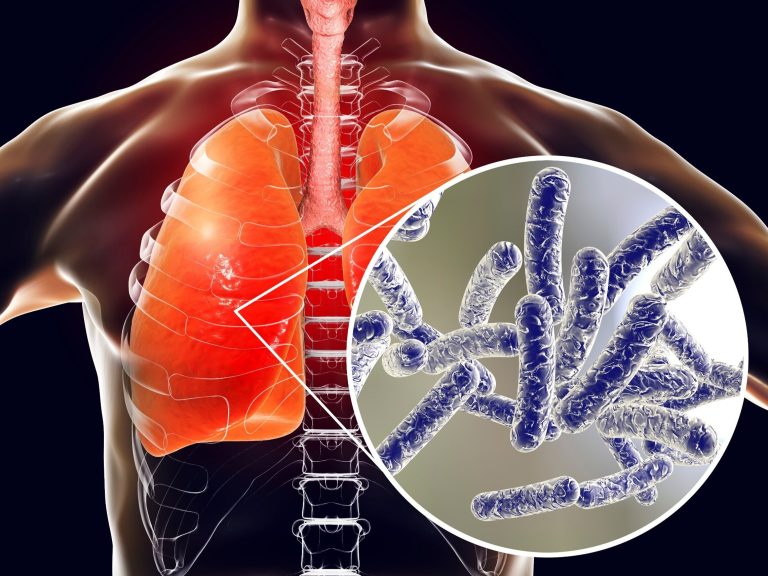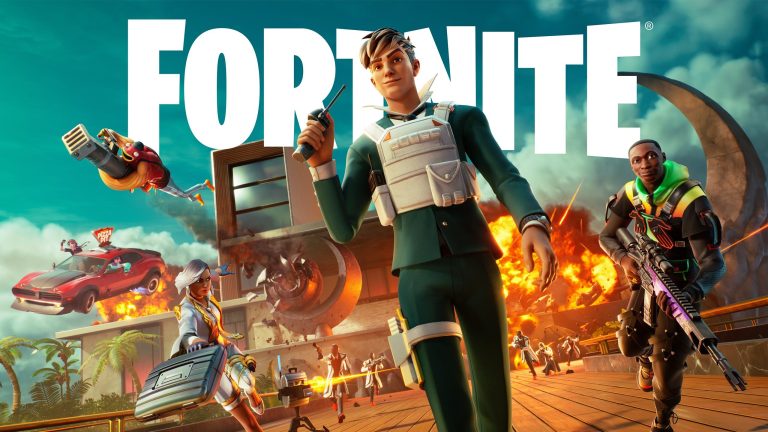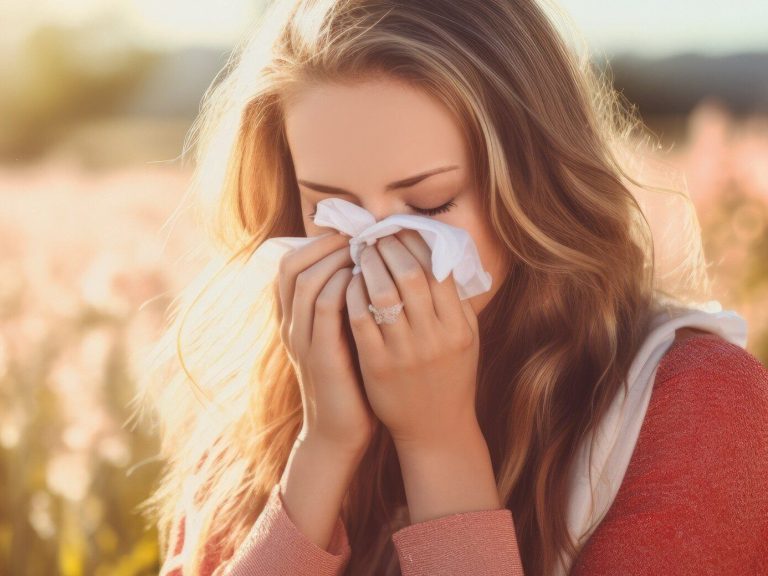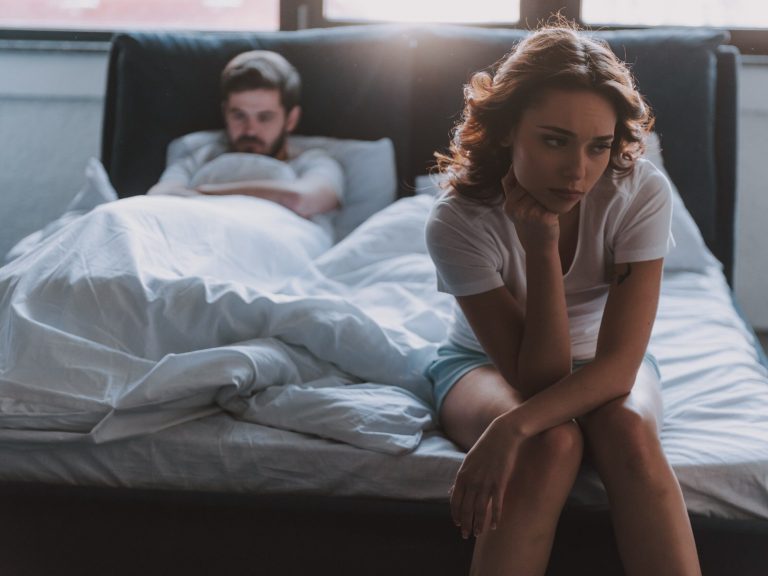Data on the mental condition of Polish teenagers are alarming
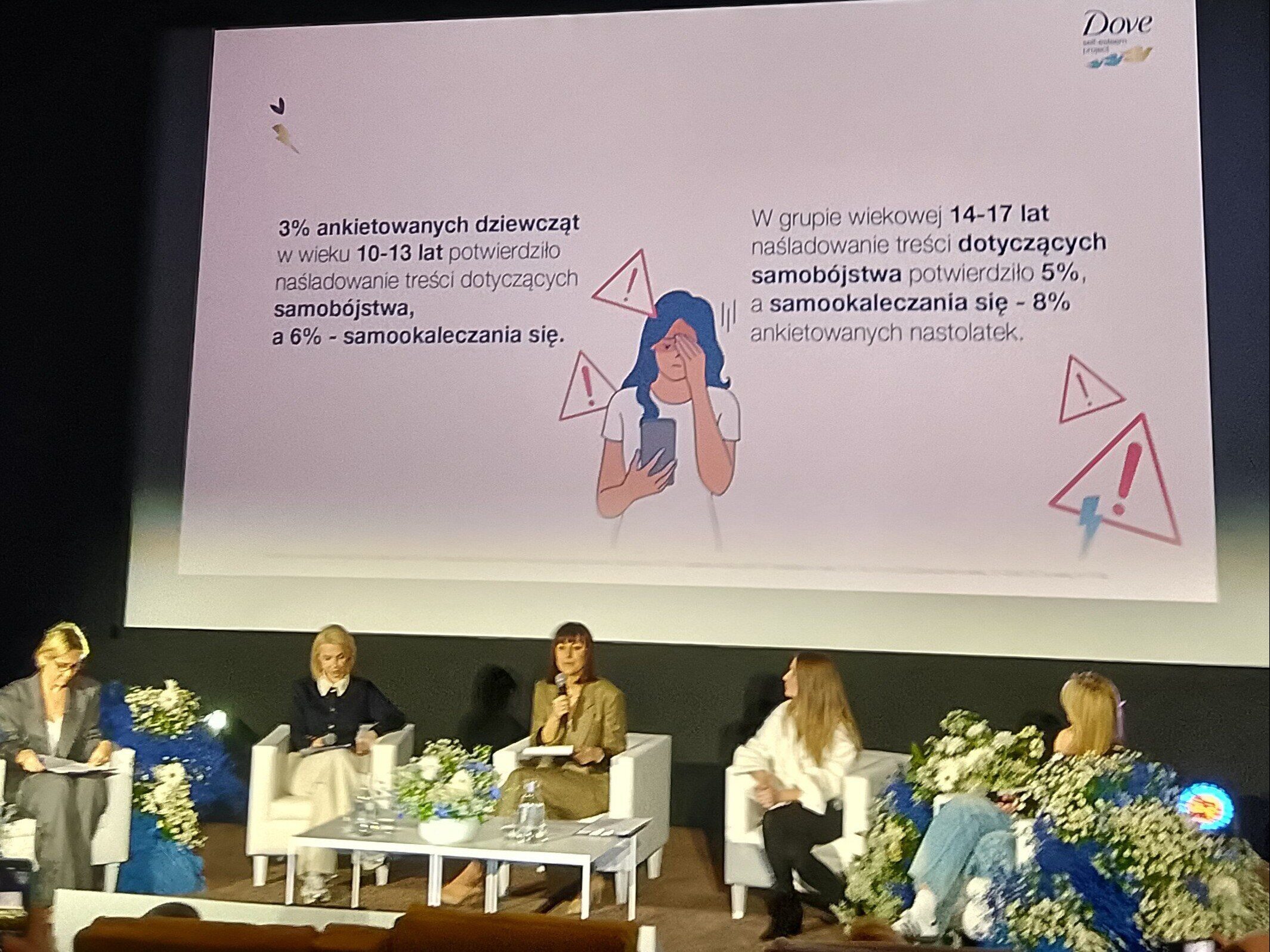
What is the mental condition of Polish teenagers, how does social media influence it and how can parents support their children? These and other important issues were discussed during the conference with the participation of experts.
The state of mental health of young people in Poland is alarming. The Dove brand and the YOUNG HEADS project of the UNAWEZA Foundation addressed this problem. As a result of the cooperation, a project was created, the ambassador of which is Martyna Wojciechowska. Today (07/03/2024) a press conference was held in which the editorial office of “Wprost” had the pleasure of participating. The results of the Kantar study “Social media and their impact on Polish teenagers” conducted in October 2023 were discussed.
Among the invited guests were Martyna Wojciechowska – founder of the UNAWEZA Foundation, initiator of the YOUNG HEADS project, as well as Joanna Flis – psychologist and expert of the YOUNG HEADS project and Małgorzata Ohme – psychologist and subject matter expert of the Dove Self-Esteem program.
What is the mental condition of Polish teenagers?
The Kantar report shows that teenagers in Poland are discouraged, tired and living under pressure. More than half of teenagers in our country sometimes think that they are worthless. As many as 80 percent feel that they lack self-confidence. Teenagers compare themselves to the people they see on social media – as many as 1/3 of the study participants are ashamed of their appearance, and 2/3 would like to change a lot about their appearance.
These alarming data are actually just the tip of the iceberg. Teenagers have unlimited access to content that is harmful to their mental health, but also poses a real threat to their lives. Where did this conclusion come from? 70 percent of respondents watch content that disturbs their self-esteem, and every fourth person watches content that encourages self-harm. Some of them have tried to replicate these behaviors. 3 percent of girls in the 10-13 age group confirmed imitation of content related to suicide, and 6 percent – self-harm. In the 14-17 age group it was 5 percent and 8 percent, respectively.
What can parents do to protect their children?
What can adults do to protect and strengthen their children? During the conference, the most important thing was that they must be present and attentive. Joanna Flis, a psychologist, answered the question asked by the editorial staff of “Wprost”: what else can parents do?
First of all, this presence, which also means the ability to communicate with children directly about what is happening to us. So we have to stop being the kind of parents who pretend everything is okay when it's not. I think we also need to learn to talk openly, but above all, we need to learn to reach out for help. Because I am a systemic therapist and I deeply believe, and this is what guides me in my professional work, that what happens to children is only a symptom of what is happening in the system. And the system is created by adults. Mainly the family system, but this system also includes the environment – this is school, neighbors.
“We have two things to do – firstly, get our affairs in order, secondly, trust and let other people have an influence on our children. Because we focus very strongly on what we can do in our small family unit to support our children. Of course, we can do a lot here, but the more we close the space of our little family unit, the more we surround ourselves with such very thick walls of fear of others and their influence on what is happening in our family, the more dysfunctional we will create a home. – added the specialist.
What is the “Hour for YOUNG HEADS” project?
The Dove brand and the YOUNG HEADS project of the UNAWEZA Foundation have joined forces to improve the mental health of teenagers in Poland. They focus on education and real help for young people – so that they can identify threats and know where to go for help when necessary. Martyna Wojciechowska is the ambassador of the joint initiative.
Adolescence is an extremely difficult time – full of changes, but also environmental pressure. This, in turn, may translate into the mental condition of Polish teenagers. As part of the cooperation, the “HOUR FOR YOUNG HEADS” project was created as a response to the needs of students, their parents and teachers. This is a lesson for schools on mental resilience prepared by psychologists and subject matter experts: Małgorzata Ohme (Dove Self-Esteem) and Joanna Flis (MŁODE GŁOWY). Schools conduct workshops during which students can learn what mental resilience is and how it can be strengthened. Schools can download the lesson for free on the websites doveselfesteem.pl and mlodeglowy.pl. The educational materials are completely free and consist of a lesson plan for the teacher, worksheets for the student and a presentation. What are further plans and planned activities under the “Young Heads” project?
What we are talking about today is the area of providing ready-made tools, but we still emphasize how important it is to talk openly about mental health. Our ambassador is Bedoes, he is an ambassador who communicates very well with the young generation, but we also have ambassadors who speak directly to parents and this group. We have ambassadors who work in the teaching and educational environment. So we cover all these groups with our communication and educational activities. More films, podcasts and free downloadable materials are already being prepared – said Martyna Wojciechowska, initiator of the YOUNG HEADS project, for “Wprost”, adding: “There will be a lot going on, we promise.”

